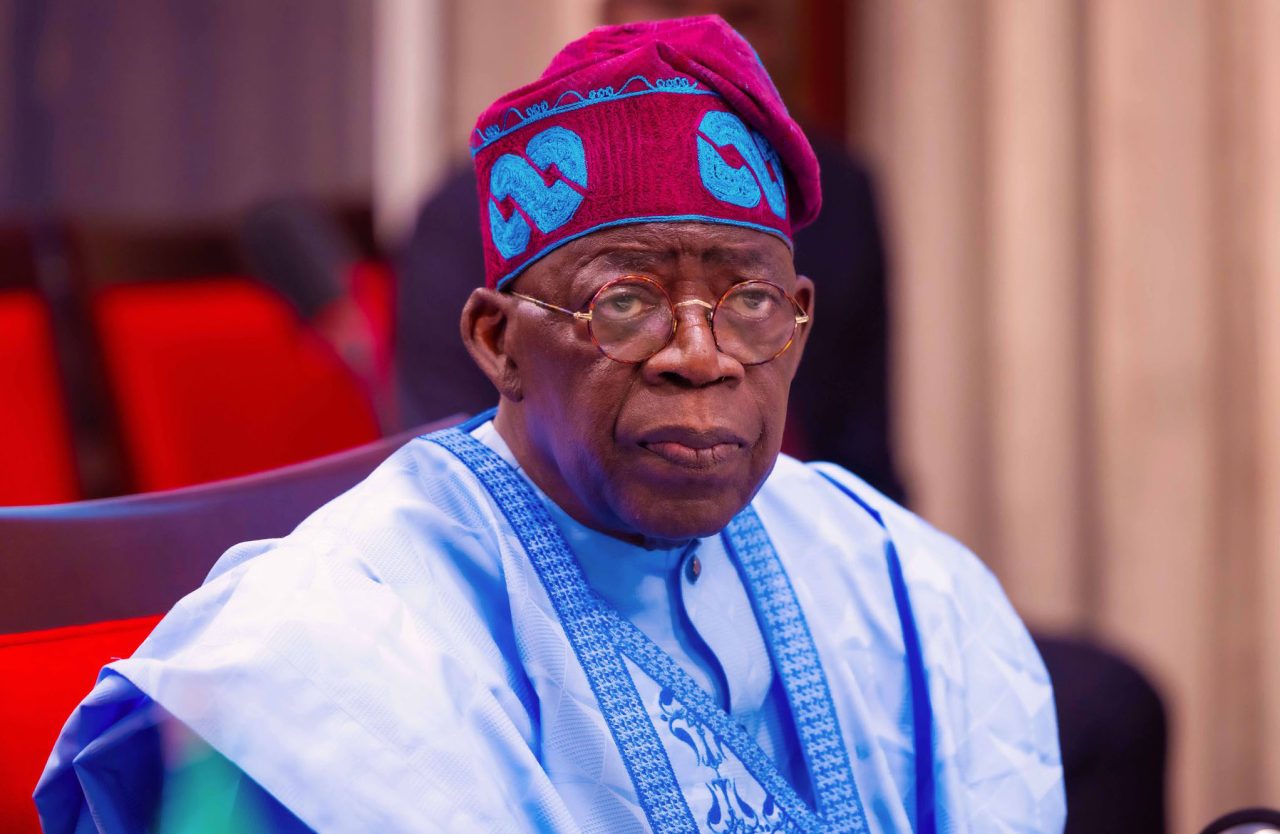That all 17 gallant officers and men of the Nigerian Army were killed and dismembered on March 14, 2024 in Okuama Community in Ughelli South Local Government Area of Delta State by yet to be identified youths under controversial circumstances is most barbaric.
Among the dead were Lt. Col Abdullahi Alli, two majors, a captain and other ranks. Some of the mutilated bodies came without heads.
It is quite unfortunate that the Niger Delta Region, which had embraced Presidential Amnesty and remained manageable in terms of security for a while, has gone back to the gory years of yore.
The barbaric actions in that community belonged to the era of beasts when animal instincts ran riot and people often failed to tame their rapacious and carnivorous energies.
Those fallen members of the Nigerian Army were on a peace mission to Okuama to diffuse the tension created by a land tussle with Okoloba in Bomadi Local Government Area of the state.
But in a twist the veracity of which can only be revealed through thorough investigations, the men were murdered and, by many accounts, their bodies mutilated and butchered for organ harvesting.
By now, it should baffle those who think that Nigeria must break up along regional lines that neighbours like Urhobos in Okuama and Ijaws in Okoloba who have lived together and intermarried for centuries still have life-threatening land disputes in the 21th Century.
Since that tragic event, military authorities and some Nigerians have been appealing to the internet mob whose appetite for forwarding offensive and inappropriate materials has no boundaries.
These unhinged agents of social disorder and peddlers of rumours and conspiracy theories can complicate the urgent assignments of fishing out and dealing with the real culprits, healing the broken-hearted, bringing some closure to this despicable experience, galvanising the process of instituting wholesale tranquility in the affected areas, and, hopefully, injecting sanity into a traumatized national psyche.
President Bola Tinubu’s reaction to the bloodletting was prompt and truly presidential.
“The cowardly offenders responsible for this heinous crime will not go unpunished. The incident, once again, demonstrates the dangers faced by our servicemen and women in line of duty. I salute their heroism, courage and uncommon grit and passion. The Defence Headquarters and Chief of Defence Staff have been granted full authority to bring to justice anybody found to have been responsible for this unconscionable crime against the Nigerian people,” he said.
“The barbaric actions in that community belonged to the era of beasts when animal instincts ran riot and people often failed to tame their rapacious and carnivorous energies.”
Elsewhere, the Defence Headquarters has assured Nigerians that “there would be measured responses and injurious consequences for the perpetrators of these dastardly acts. The armed forces, being a disciplined force that complies with rules of engagement, laws of armed conflict and the respect for human rights, would be tempered by these provisions. We would not be led by emotions, but by the rule of law.”
Many condemnations have come from various quarters but more practical ones should proceed from the highly vocal leaders of the Niger Delta.
The statement by the President of the Senate, Godswill Akpabio, suggesting that the murderers might be mercenaries was hasty and regrettable. Such rhetoric is unhelpful and self-defeating.
As head of the federal legislature and the highest ranked government official from the affected geopolitical zone, he ought to have done better than that.
Pronouncements and attitudes that do not advance the cause of justice should be nipped. Impunity in various aspects of our national life has brought us to the brink of failure. We mustn’t inch forward towards deeper ruin.
Anyone who doesn’t expect the generality of the military establishment to wish to take a pound of flesh on behalf of their dead colleagues lives in the skies. That the military haven’t reacted in proportion to the controlled rage and agony must be a function of professional fortitude.
No sensibilities, whether individual or collective, can come close to the depth of wounds inflicted on the Nigerian state, represented by the slain heroes.
It is indeed in the overall interest of the bickering communities to support every move to smoke out the public enemies who either lived in their midst or used their domains as platforms to cut down those lives and careers abruptly and also pump the population of widows and the fatherless.
While Okuama, especially, and Okoloba have a genuine and legitimate reason to be worried about their fate, that shouldn’t eclipse an equally justifiable hunt for the instruments of this horror.
Images of what have come to be known as the Odi massacre of November 1999 and Zaki Biam massacre of October 2001 are still fresh in the minds of many Nigerians.
In 1999, Odi, a town in Bayelsa State was razed to the ground on the orders of former President Olusegun Obasanjo after some police officers were abducted and ransom paid for their release. Soldiers who went in search of the abductees were attacked and killed.
When 19 soldiers were murdered two years later, in Zaki Biam in Benue State, the same method of cleansing which one soldier described as, ‘Operation No Living Thing’ was applied.
In both instances, the army moved there to sort out those who had the gut to slay officers of the law. By the time they left, casualties mostly of innocent people ran into dozens and the towns were literally leveled.
Former President Obasanjo who was in power then still can’t say, over two decades after, how he could have handled those dicey situations differently.
The Federal Government must mount a search for those who killed the soldiers in Okuama and reprimand those who burnt the town after the killings.
Anything short of focusing on humanity or the lack of it in that unfortunate incident would push the country further down the path of collapsed societal values and the shrinking of our shared existence.

